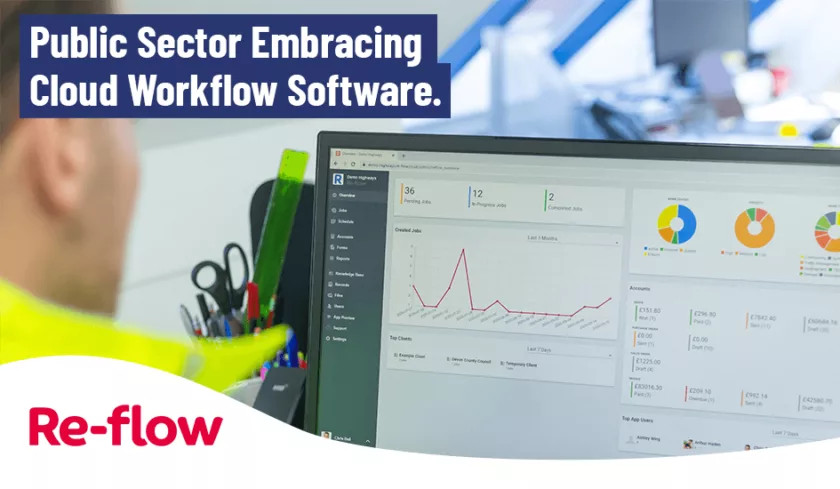
News
Embracing Digital
The transition from portal to cloud based services is not new. Launching G-Cloud in 2012, the government has been working to transitioning their data and infrastructure to cloud based computing. They have made pushes over the years and there have been considerable developments. Home Office has just migrated their HR workloads for thirty-five thousand employees to cloud based systems.
However, the government were criticized for a slower and less cohesive cloud adoption than other European Countries and even the USA. Even now, many local government departments still lean on legacy systems despite the vast majority, 87.2 percent, strongly desiring a full move over to cloud systems. Councils fare slightly better with over 60% now using cloud infrastructure. Simply put there's progress, if slow.
Pandemic Pushed Progress.
Fast forward to today. Of the many impacts that the Covid-19 pandemic have had over the previous year, it seems that the propelled adoption and acceptance of cloud services has been a positive one. Public sector businesses and departments have had an object lesson in the benefits of the cloud. Some, like the health sector are believed to have made four years’ worth of advancement during the pandemic.
At a time when interpersonal contact was at its lowest, cloud-based systems allowed for arguably closer work collaborations with real-time information updates.
Real-time communication.
There was always the concern that limiting interdepartmental contact will lead to information silos with information either not being communicated or that time will be wasted with identical data being collected and compiled in parallel.
One of the great values then of cloud-based services; is in the creation of real-time forms and data bases. Instead of siloed information, these allow for a single composite with multiple people not only able to update information real-time, but that information is pushed to all anyone connected to the projects.
Lockdown lessons learnt.
The lockdown and its associated social distancing rules have made in office teams and departments more aware of the usefulness of these functions. But this sort of ability has always been of value to departments within office admin staff needing to communicate with their on-location workers or contractors.
Beyond simply improving communication speed across departments, cloud services facilitate the speed and accuracy with which inspections and compliance checks are completed.
Traditionally project inspectors would have to chase up paperwork and travel to sites to visually confirm. Public sector Cloud systems allow for off-site monitoring with mandated form completion, evidencing and sign-off before continuing with taskings. That, and the ability to undo completion status when faults are found, means the auditing and compliance checks have never been easier to complete.
Integrating Suppliers.
Insisting contractors use the same services would give greater over-sight to council inspectors and give project managers a clearer view of the progress on individual jobs, and the component tasks of larger jobs. This facilitates a more accurate timetable for projects helping to keep work on schedule and avoid missed deadlines.
All these benefits result in streamlined workflows, higher safety standards, and greater accountability across public sector departments - all important targets.
Budget Benefits.
Beyond that, there is the ever-pressing concern of affordability. Between 2010 and 2018, public sector spending has declined, with Highways and Transport seeing a 40% decline. In the face of this, departments have to meet the challenge of making economies without compromising standards.
Transitioning to and greater integration of cloud-based software solutions are a clear answer to this challenge. Re-flow's own research and client case studies have shown they can reduce lost time and improve compliance and safety while providing considerable savings to operating costs.
Our field management solution can transform your department's workflow with minimal downtime. Call us today, or fill out a form, and one of our software specialists will be in touch.
Follow the links below to explore everything Re-flow can do for you.




